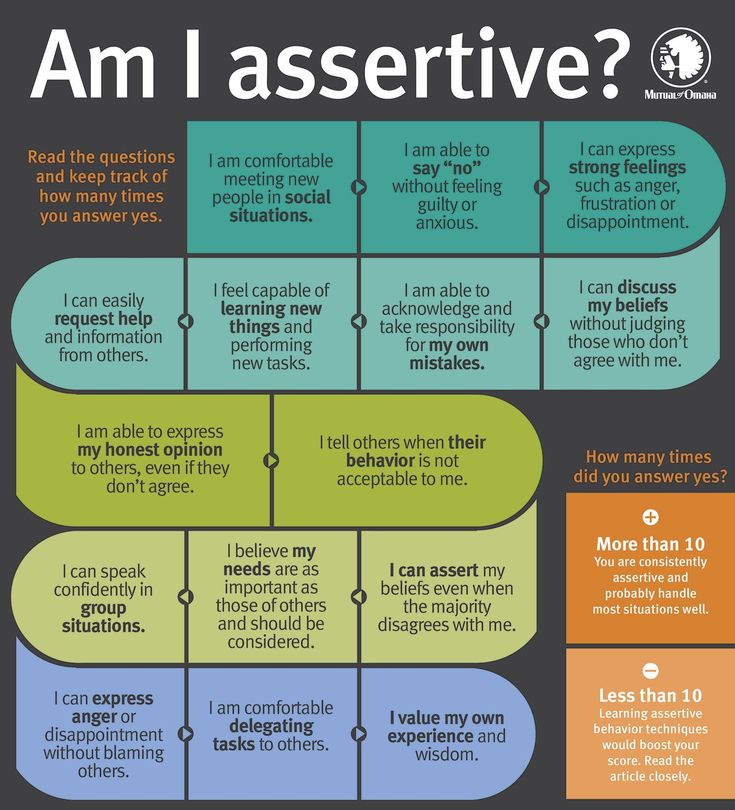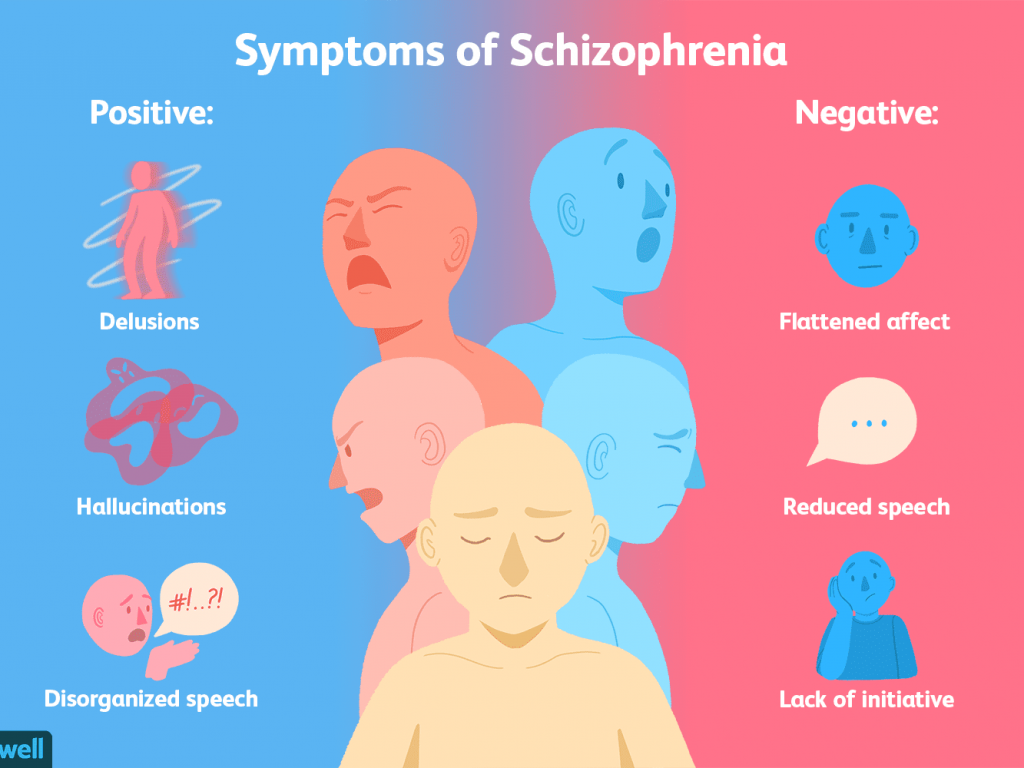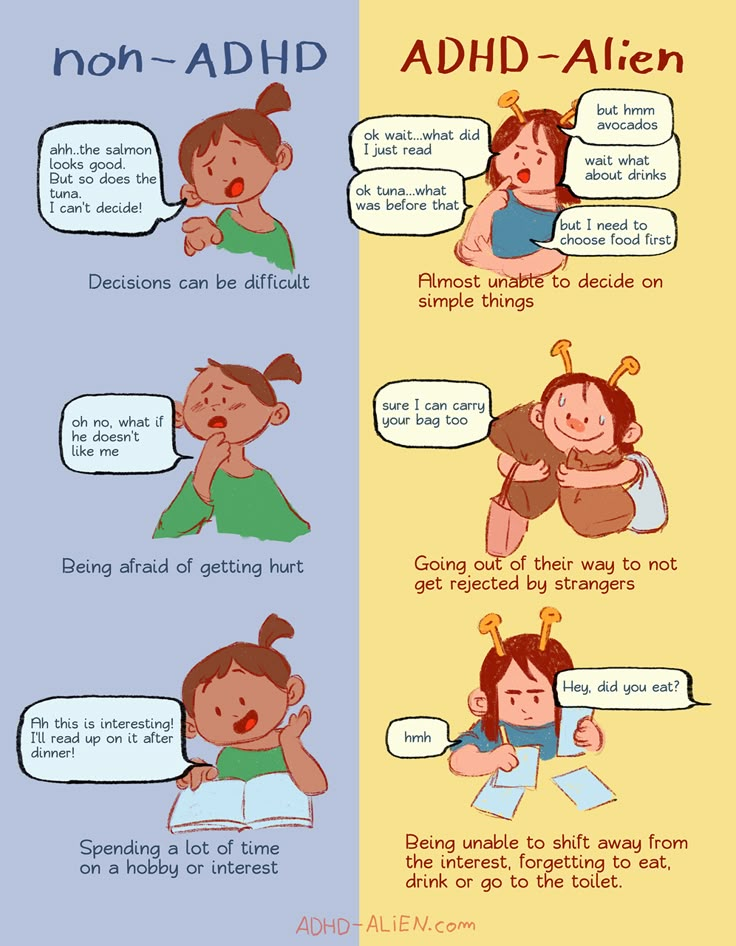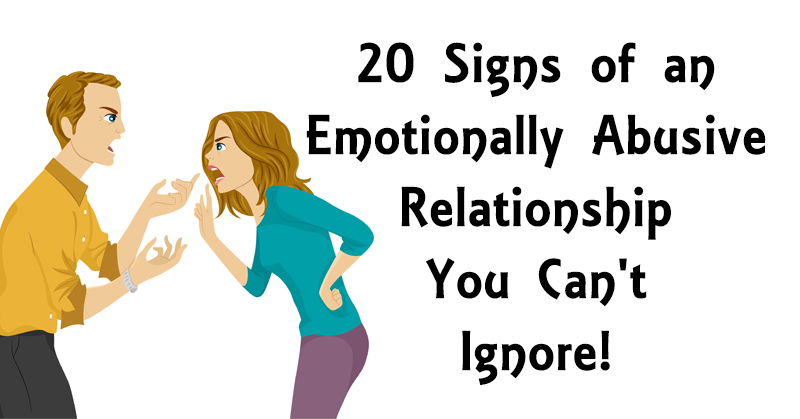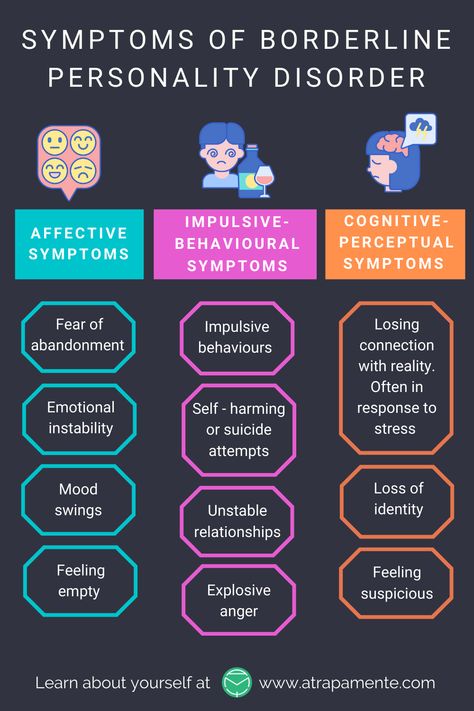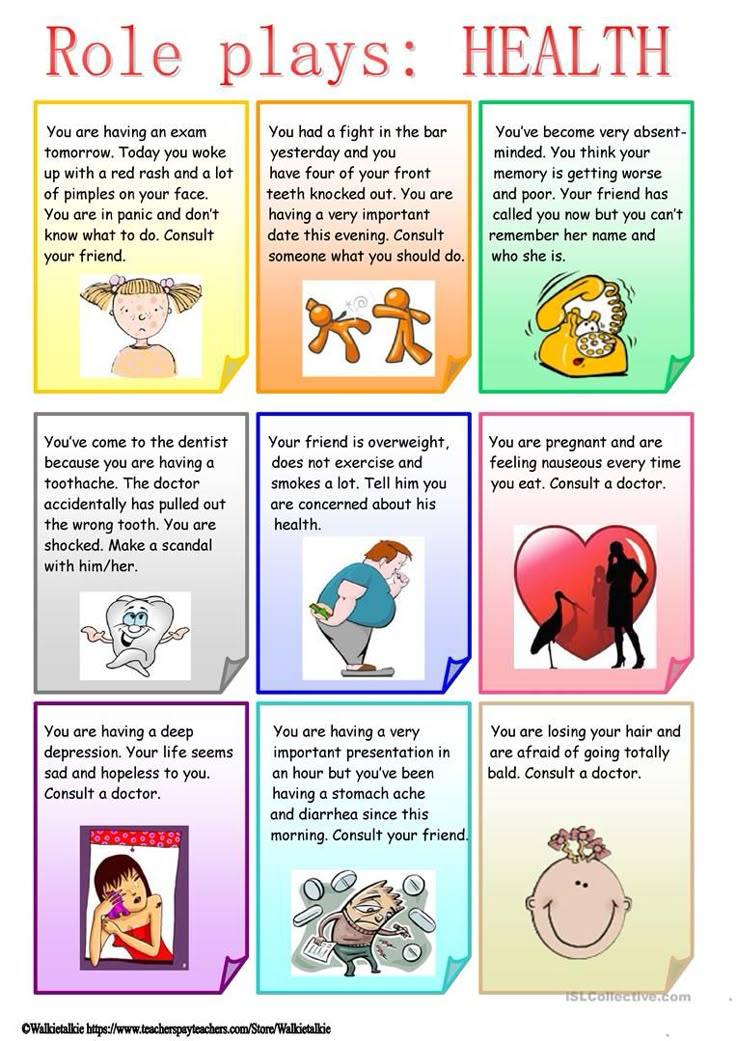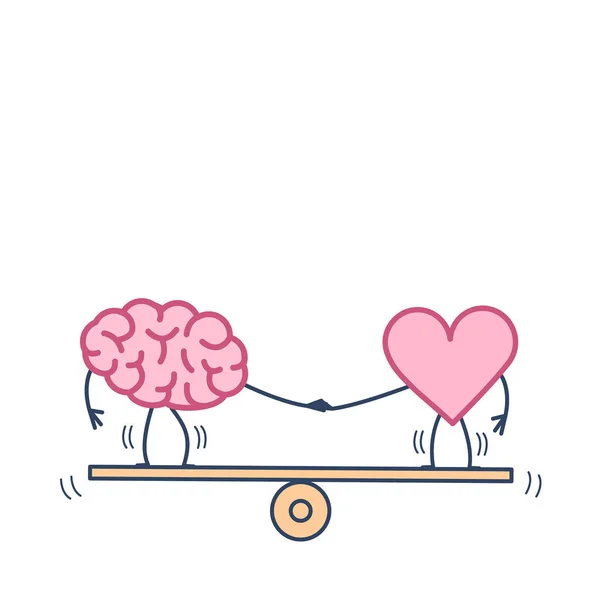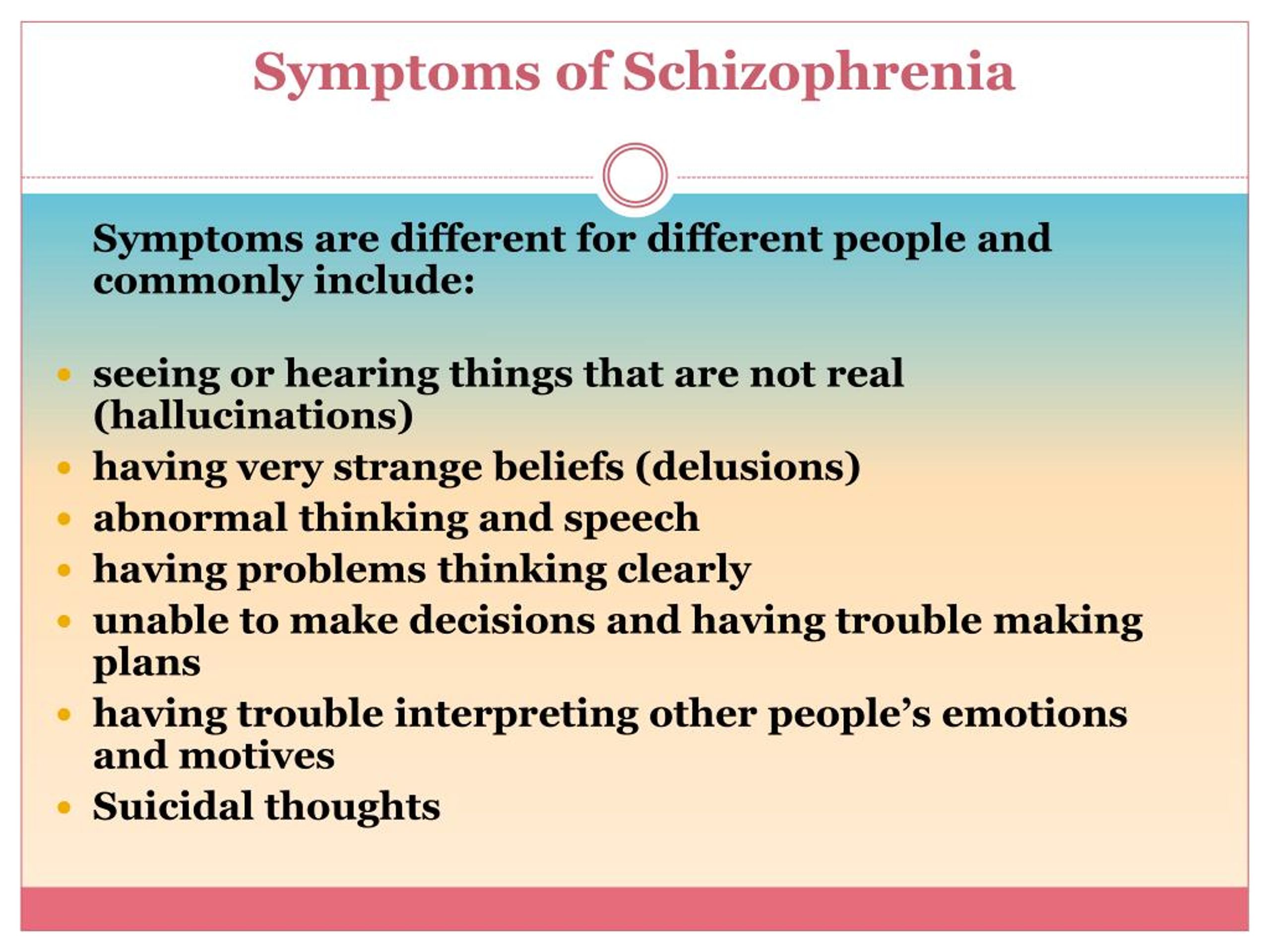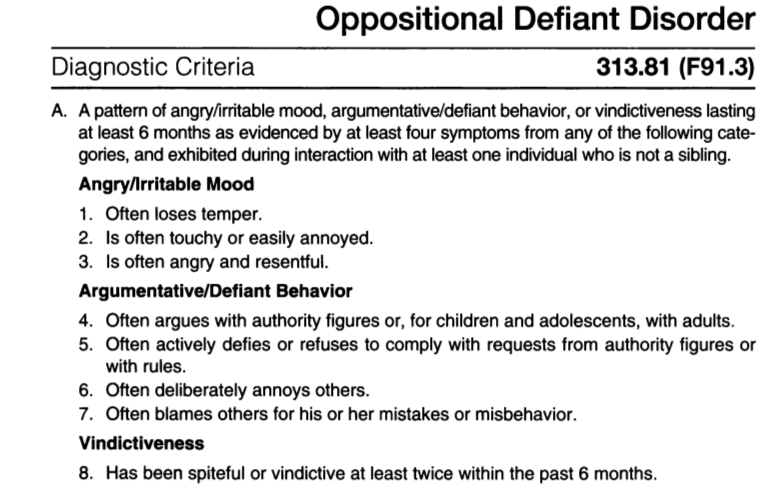How to be accepting of others
Empathy - Accept Others For Who They Are
Skip to contentPrevious Next
Have you ever had a hard time “fitting in” somewhere? Whether it be at school or work, in a new group of friends, or even your own family, we can all relate to feeling unaccepted at one time or another. On the other hand, many of us can think of a time that we had trouble accepting someone else.
Acceptance is the ability to see that others have a right to be their own unique persons. That means having a right to their own feelings, thoughts and opinions. When you accept people for who they are, you let go of your desire to change them. You let them feel the way they want to feel, you let them be different and think differently from you. Everyone is different in one way or another. Once you understand this truth, you can stop trying to change them into the people you want them to be and start accepting them for who they are.
Acceptance of others’ feelings is not easy when people act differently than we do. We all have trouble accepting those who are different. By learning the skill of empathy, we will be better able to understand ourselves and those who are different from us. Here are five strategies for learning to accept others:
1. Don’t try to control the feelings of others. Have you ever tried to help other people with a problem they were having, but you felt like no matter what you said, you couldn’t get through to them? Maybe you tried to get them to “see things your way,” or “think more rationally.” In the end, they just couldn’t come around to your way of thinking. Well, I hate to break it to you, but the problem was not with the people you were trying to help, but rather, with your approach to helping them.
With feelings, there is no right or wrong answer. So instead of trying to control or change other people’s’ feelings, you must accept their feelings. We must allow people to have feelings without telling them how they should feel. Empathetic people understand that feelings are difficult to control and they accept people’s’ feelings for what they are.
2. Allow others to be different. How boring would life be if everyone was exactly the same as everyone else in the world? If everyone looked the same, had the same personality, the same interests and the same experiences, we would lose interest in other people pretty quickly. Luckily, each of us has a unique set of qualities and characteristics that make us different. Even though we know that these differences are for the best, sometimes we feel uncomfortable with these differences. We either try to change people who are different or we avoid, or ignore them.
Being empathetic means having an open mind and accepting these unique differences. The next time you are around someone who appears to be your polar opposite, challenge yourself to get to know that person better. Find out more about him or her and you’ll come out of the conversation feeling that you’re not as different as perhaps you first thought. You’ll feel closer to the person, and as a result, you will be that much better able to empathize with that person.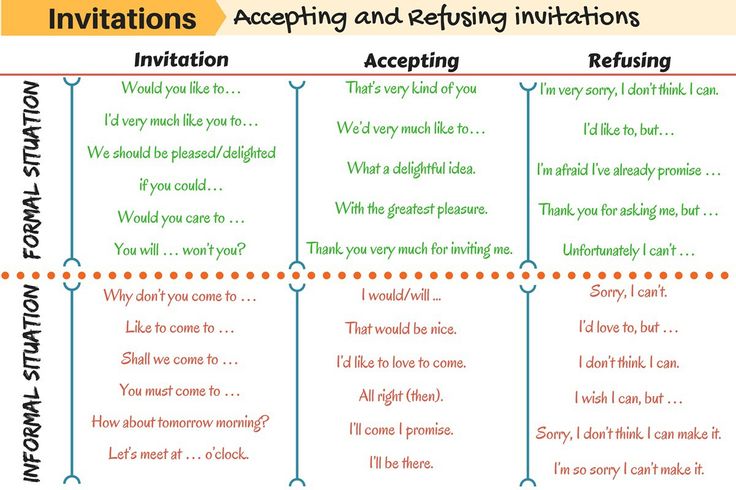
3. Give thoughtful advice. Once you learn to grant others the right to their own feelings and allow them to be different, you will be better able to give thoughtful, meaningful advice. Have you ever tried to talk to other people about your problems, only to have them give you terrible advice in return? They respond in a way that makes you wonder if they were even listening to anything you said! Those people probably were listening, but they failed to put much thought into their responses. Or, they let their own feelings get in the way of yours. In order to show empathy, you must learn to give advice in a way that is in line with other people’s’ unique feelings, characteristics and personality.
4. Don’t be quick to judge. It’s easy to look at others and point out their flaws. Sometimes we judge and criticize people without even realizing it. The more challenging and empathetic response would be to point out the good in each person.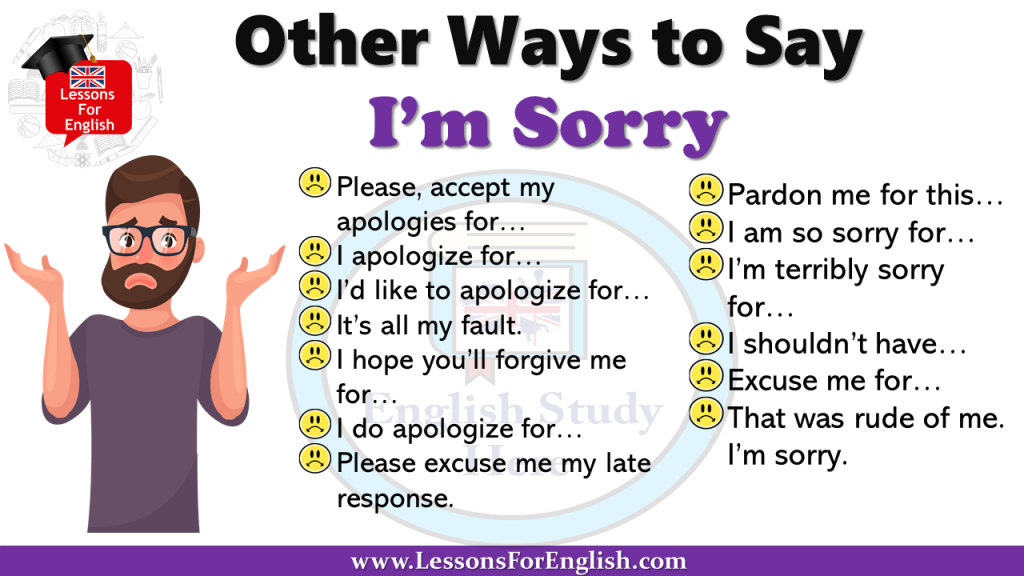 When we accept others as they are, it means that we understand that they are doing the best that they can do at the time. Remember, if they could do any better, they would.
When we accept others as they are, it means that we understand that they are doing the best that they can do at the time. Remember, if they could do any better, they would.
5. Try not to compare. The key to accepting people as they are is learning not to compare. Trying to compare one unique person to another is like trying to compare apples to oranges. Unfortunately, we all do it. We compare ourselves to others, and we compare other people to some standard. Theodore Roosevelt once said, “Comparison is the thief of joy.” What he meant by that is we will never be happy if we are constantly comparing ourselves to others, because there is always going to be someone who is better, smarter or richer. Instead, we must accept that each person is on a different path in life.
The next time that you are having trouble accepting someone, remember these five strategies. Using them will help you relate to the person and be more empathetic. When you practice accepting others, you will be able to make it a habit. And when you make acceptance a habit in your life, you will become a more positive, happy person.
And when you make acceptance a habit in your life, you will become a more positive, happy person.
Want to learn more? Conover Online has a entire line of Social & Emotional Learning produts.
Terry Schmitz is the founder and owner of The Conover Company. Terry has been involved in the development of assessments for both education and corporations for over 30 years. He has developed hundreds of job-specific assessment systems that link to skill building systems.
Search for:
Categories
- Anger Management
- Anxiety Management
- Bullying Prevention
- Career Assessment
- Corporate
- Education
- Emotional Intelligence
- Goal Setting and Achievement
- Life Skills
- News
- PBIS
- Professional Development
- SEL
- Soft Skills
- SPED
- Uncategorized
- Violence Prevention
- Workplace Readiness
How To Accept Others For Who They Are (Rather Than Who You Want Them To Be)
The world is a complicated place full of diverse individuals all trying to make sense of what’s going on around them.
It’s easy for us to try to impose our own worldview on those around us, thinking that our point of view is more important, more insightful, or more enlightened than those with differing opinions.
The problem with that perspective is that few people want to entertain the notion that they might be wrong about how they perceive the world to be.
And those that want to change the opinions of others often do a terrible job of convincing without insulting or offending.
All too often we see people dig in their heels on beliefs when they feel attacked, particularly if they don’t feel like there is a problem with how they see the world.
And you know what? It may be the case that the person trying to do the convincing is wrong. Or, more likely, that there is no concrete wrong or right.
The ability to accept other people for who they are, rather than who you want them to be, is important for everything from healthy relationships to maintaining professionalism in the workplace to positively influencing the people around you.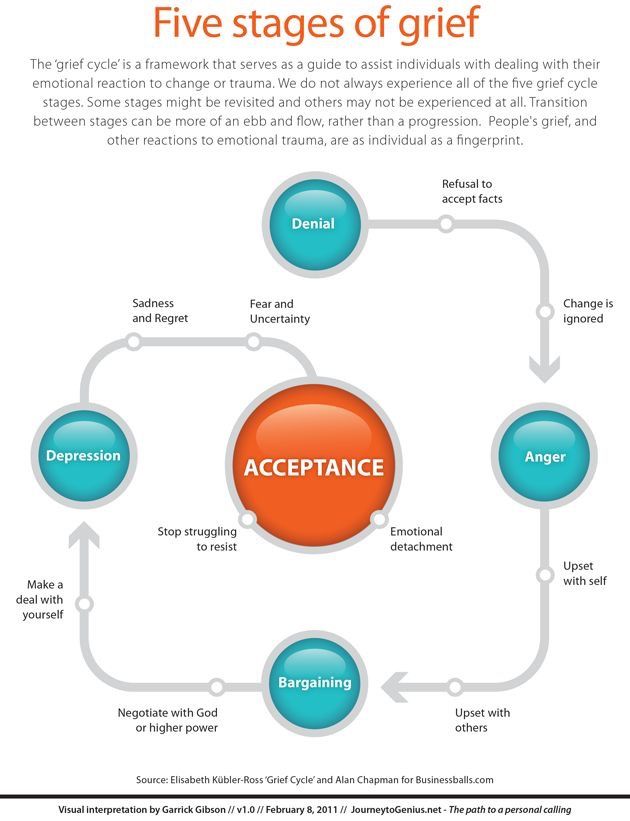
There is something powerful in making a connection with a person who accepts you as you are and that you accept as they are.
How do you do that?
Understand that it’s impossible for you to know everything.
The key to accepting others for who they are is to dismantle one’s own ego.
Humans are judgmental creatures by nature. We often feel like we need to have an opinion on anything that stokes the smallest flame of our emotion, and when we get emotional, we often tend to stop thinking clearly.
How many times have you made a bad decision while you were feeling emotional about a situation? Probably more than once!
But we don’t need to have an opinion on every single little thing in the world. In fact, it’s often better if we don’t because then we can be more open and receptive to new ideas and perspectives.
Every person that you cross paths with in life will know things you don’t know, have experiences you haven’t experienced, and carry a different worldview than you do.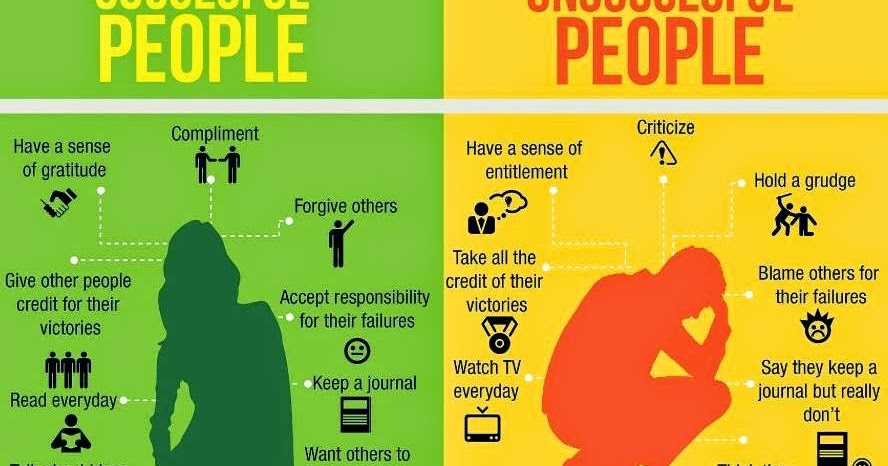
These are great things! It makes every person a learning opportunity when you can set aside your own perspectives to simply listen and be with that person in their world.
Understand that the only person you can change is yourself.
Accepting other people as they are is much easier when you understand that the only person you can truly change is yourself.
It doesn’t matter how much pressure you exert, how much influence you try to exercise, or how convincing you are; a person who does not want to change will not change. Period.
Because change is simple, but it’s not easy. It’s simple because you can just set a new goal and start working toward it. It’s not easy because it usually takes consistent effort and work over a long period of time to create meaningful change.
And a lot of people just don’t want to do that.
Far too many people think that they can just sculpt their friend or lover into the person they desire. This will usually backfire when the victim realizes that they are being coerced or guided in a direction they don’t necessarily want to go in.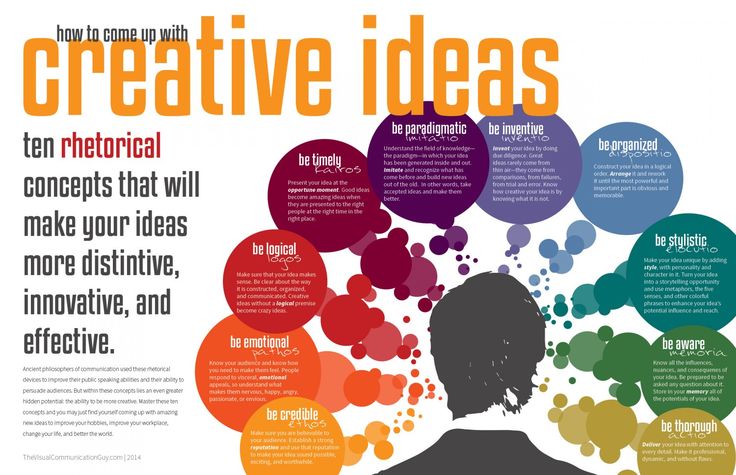
They may be perfectly happy and content with the person they are, for better or worse. And even if they have serious problems or flaws, no one can change that but them.
The truly difficult part of this realization is loving someone who has serious problems or refuses to make good decisions.
You can absolutely love and try to influence that person in a positive direction, but that doesn’t mean they will actually do the work to improve.
It doesn’t mean that they are willing to dedicate the energy and motivation to making the change. And it doesn’t mean that they can even see a problem with the way they are or their choices.
You may also like (article continues below):
- Don’t Try To Change Him, He’ll Change Himself If He Loves You
- How To Deal With Insecurity And Overcome Its Effects
- 5 Smart Ways To Handle Shallow People Who Belittle Your Life Choices
- 7 Signs Your Man Suffers From Peter Pan Syndrome
Engage in the activities and interests that the person is passionate about.

It’s much easier to accept someone for who they are when you have a better understanding of that person’s different interests and perspectives.
A good way to put yourself in their shoes, get to know them better, and get to understand them is to partake in the activities that they enjoy and explore the things they are passionate about with them. That is, assuming that these are healthy, non-destructive activities.
The differences we share with one another can separate, but they can also help bring us together if we are open-minded enough to do a little exploration.
Exploring these differences can help us relate, understand that person’s feelings, or perceive the world in the way that they do.
Differences are something to celebrate, not fear. Exploring them together can help foster and grow a healthier relationship.
Remind yourself how it felt to be judged about who you are.
A good way to tune into one’s empathy is to remember how we felt when someone judged us about some facet of our personality.
People love to be overly critical about things that they are not interested in or passionate about.
Perhaps you worked really hard on something and the person it was for didn’t appreciate it, or maybe you got excited about some activity that another person attacked and tore down, or maybe you were just attacked for something you believed to be a core part of your personal truth.
No matter what it was, everyone has something that they feel sensitive and vulnerable about.
We bury it behind our walls so that it stays safe and whole, so that we don’t have to worry about what other people think of it. And we would all be better off if we tried not to visit that same kind of judgment on the people around us; the people that we claim to care about and love.
No one likes to be judged. It doesn’t feel good. And it’s a good thing to remind ourselves how we felt when other people judged our choices, likes, or passions when we start feeling critical of others.
In doing so, we can reground our mind and stay more accepting of others.
You don’t have to be understanding or accepting of destructive or disrespectful behavior.
The manipulative and destructive people of the world like to throw accusations of judgment to defend toxic behavior.
While it is important to accept people as they are, it’s equally as important to know when to say this isn’t for me or enough is enough.
Far too many people make excuses for destructive behavior from the people that they love and write it off as that just being how the person is.
Maybe that’s true. Maybe that is how that person is. But that doesn’t mean you have to hang around to be victimized, bullied, or harmed by their behavior.
Healthy boundaries are an essential part of any good friendship or relationship. And if someone is partaking in toxic behavior that is negatively affecting you or your life, then you have every right to walk away from it without trying to save that person from themselves or change them, because you won’t be able to even if you want to.
Learn to accept other people + good relationship technique
Learn to accept other people + Good Relationship Technique
One of the "troubles" of many, many
people at all times is the chronic inability of
to accept other people as they
really are.
If you think carefully, it may seem
strange how much attention we are willing to pay to those
people who, in general, have little to do with us.
Moreover, it would be logical to be softer
in relation to relatives and friends, but no -
on the contrary, it is to relatives and friends that
"special" requirements are made, constant adjustments.
And this is explained by the fact that this person is not a stranger to us
, so that we ignore him and
allow him to behave as he pleases.
A dubious argument, I must say :)
So why are we so indifferent to others
people and so often criticize them just for
behaving the way they want?
The explanation lies in ancient cultures,
and described many thousands of years before our era.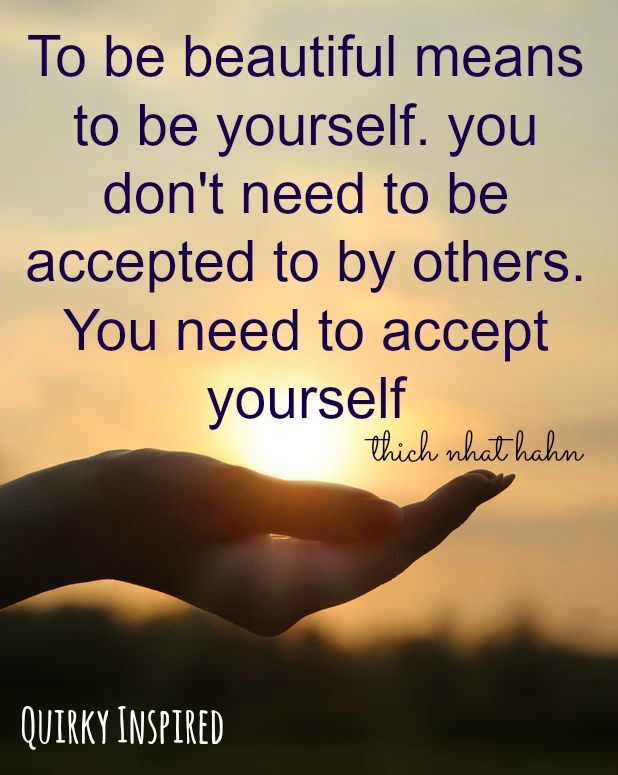
The bottom line is that we pay
excessive negative attention to precisely those
qualities of other people that we do not want
to recognize in ourselves.
By the way, you might also be familiar with this from Christianity:you don't notice the logs." It's just about that.
What's the point? And the meaning is in the subconscious
shifting the blame onto other people.
We accuse and condemn in others exactly that
that for some reason we are afraid or do not want
to recognize in ourselves.
This is not very pleasant news, but if
you remember this when you once again
condemn someone or criticize something,
you will be able to accept this
in yourself and make your life much easier ,
not to mention that you will be freed
from condemnation and the need for a negative
assessment of other people and their actions.
And now I will describe to you a rather simple, but
effective method by which you can
learn to accept other people
and therefore yourself.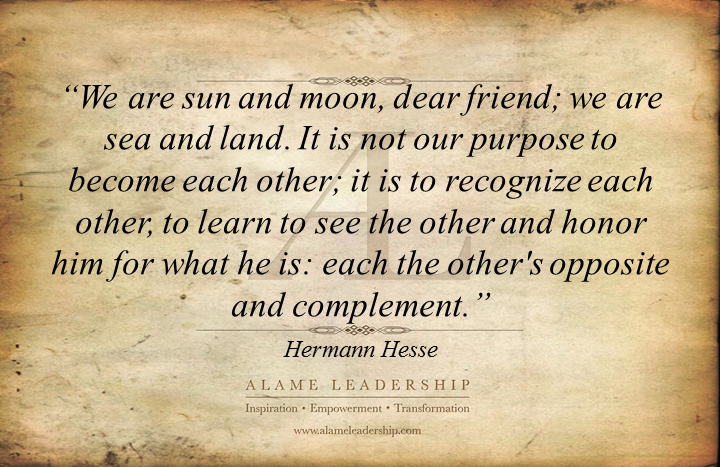
Its essence lies in the fact that at that moment,
when you condemn any person
or some of his qualities, manners or inclinations -
pause, stop, and in your imagination
hug this person with all the warmth you can
at the moment.
It may seem difficult for you to wrap
in the "warm imaginary embrace" of a person
whom you subjected to the most severe criticism
a minute ago.
This is because such a course of action, a reaction
with a positive to a negative, is unusual and not accepted
in society (although the ancient
sages and saints did not get tired of repeating to us about its expediency).
Don't let this bother you, because with the training of
it will become easier for you to accept the people around you
as they are. Along with this,
will come to you and accepting yourself
as you are, with all the qualities.
P.S.: These are truly wonderful feelings that
will benefit not only spiritually, but
and will affect your whole life as a whole.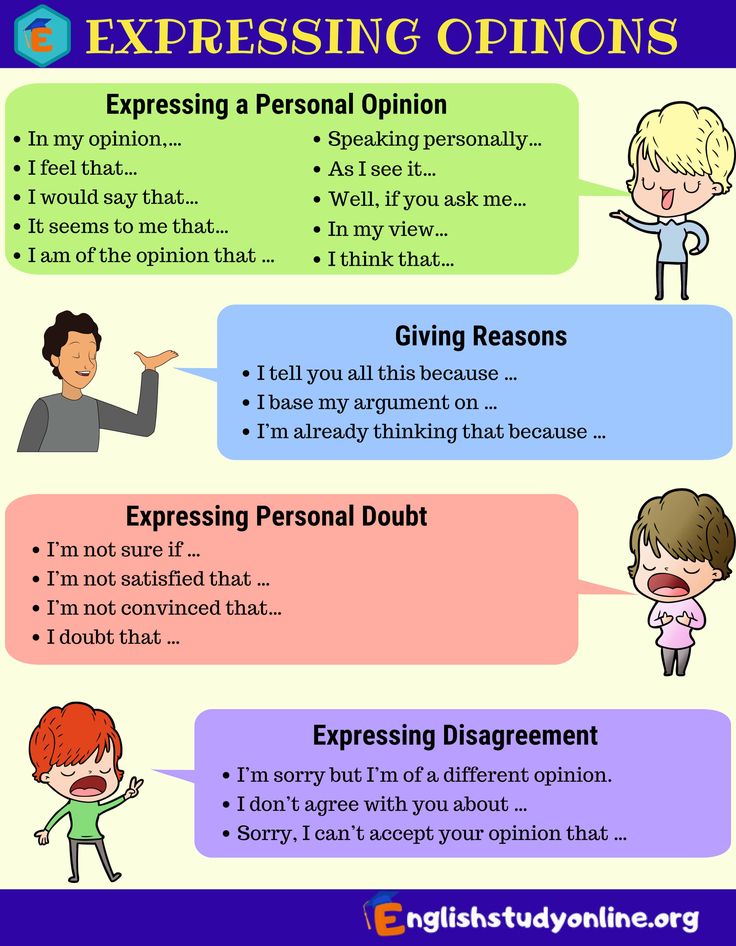
People will unconsciously feel gratitude
to you just for your acceptance of them,
Your relationship will move to a qualitatively different level
, and the most important thing is that you will love yourself more and more
the way you were created.
Write to us about your successes and results, experience.
--
With love, Dmitry Razumovsky
http://sites.google.com/site/yagyalife/
http://yagyalife.narod.ru
Tags: guilt, love, communication, hugs, relationships, acceptance, technology
How to learn to accept other people's differences in an age of tolerance - HEROINE
It would seem that no one argues with the fact that all people are different, but it is much more difficult to accept this truth than to pronounce it. Many of us still find it difficult not to resent how someone can listen to music that seems disgusting to you, or not to think that a person is wrong simply because they think differently from you.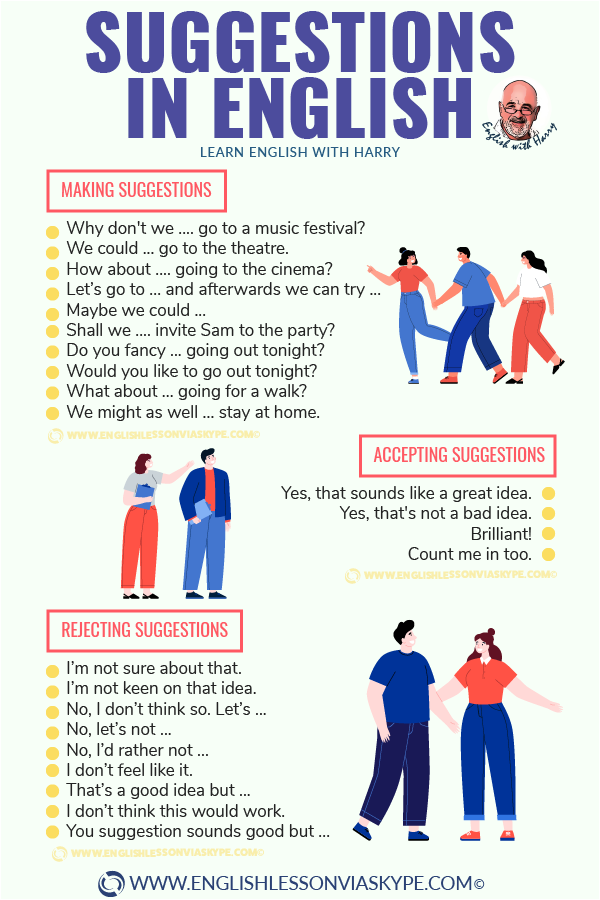 We figure out how to learn to accept the differences of other people and why this is important.
We figure out how to learn to accept the differences of other people and why this is important.
The paradox of individuality and acceptance
Slogans that glorify individuality and differences are popular in popular culture: “Be yourself”, “Don't look back at others”. Few people like to think of themselves as ordinary people. Everyone is looking for what makes them special. Society encourages uniqueness, but if you dig deeper, it turns out that the cult of individuality is very superficial and truly different people repel others.
Despite a seemingly positive attitude towards individuality, people remain social creatures, which means they like to feel unity with others and their approval. Moreover, we may condemn in other people the same traits that we encourage in ourselves: for example, perceive frankness as rudeness or consider the interlocutor's love for a rare musical direction as posturing.
It turns out that in a conversation about otherness, society constantly broadcasts the same contradictory signal to us: you must be an individual, but not too different from others.
Why is it so difficult for us to accept differences
The main reason for the rejection of differences in society is our sociality. The easiest way to feel close to other people is to find a common enemy. This role is ideal for those who are not like the rest.
Psychologists define this behavior as a type of selfish prejudice. Criticizing something in others, a person maintains his positive image and increases self-esteem. It sounds unpleasant, but almost all of us behave this way from time to time.
The reason for the belief that you are always right and others are wrong is not only the need to maintain self-esteem. Sometimes this is due to the need to gain control, which is also biologically and psychologically conditioned. People who are not like us are difficult to predict, and therefore impossible to control. This is frightening and repulsive, but most often unconsciously, so we attribute our dislike to the negative qualities of differences.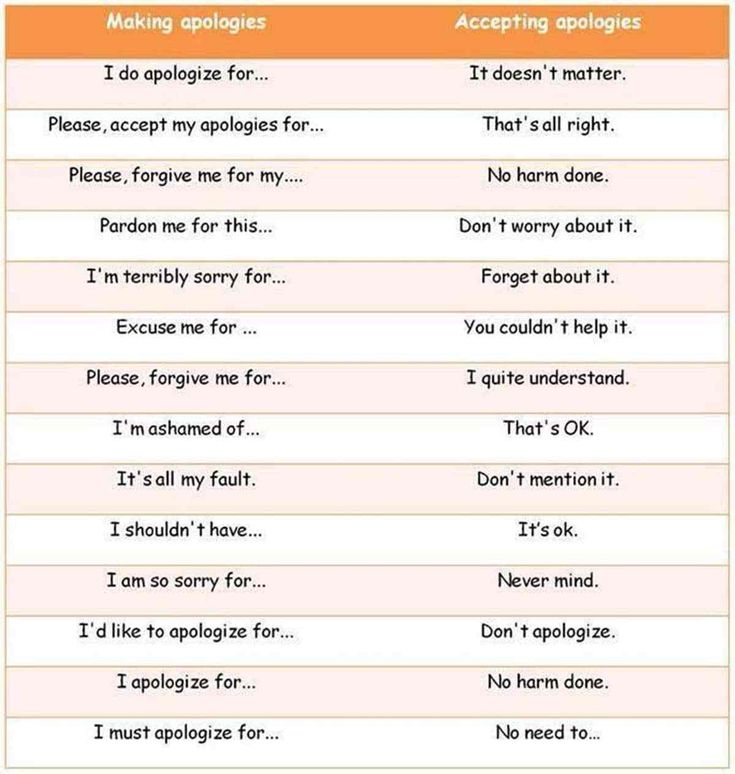 It is easier to decide that a person is wrong than to admit that you are afraid of his unpredictability.
It is easier to decide that a person is wrong than to admit that you are afraid of his unpredictability.
In addition, an important role in the rejection of differences is played by prejudices, to which we are all subject to one degree or another. Many people like to think that they are free from prejudice or that their prejudice is justified. But even when prejudices are based on personal or authoritative experience for you, they are often wrong and prevent you from accepting other people.
In The Nature of Prejudice, psychologist Gordon Allport writes that, at a basic level, our stereotypes are just mental categories. The human mind seeks to organize and classify everything, so it is easier for it to perceive the world. Once formed, categories become the basis for prejudice. Often we learn them not even from personal experience, but from family and environment. That is why it is so difficult to get rid of stereotypes and accept other people's differences. Categories and patterns are so ingrained in our thinking that it takes a lot of conscious effort to get rid of them.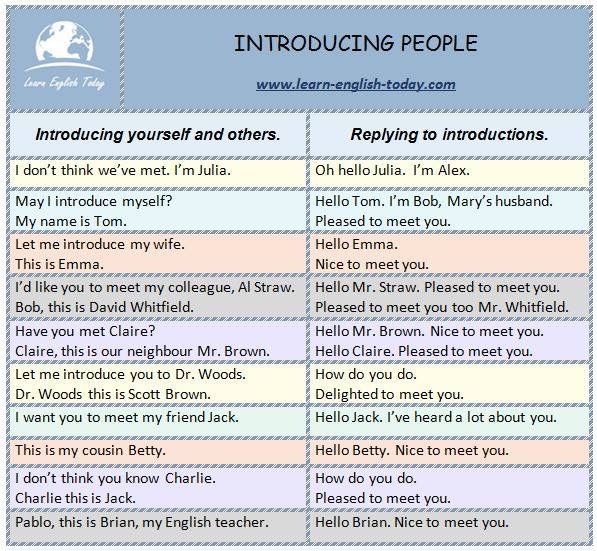
How to learn to accept other people for who they are
Stereotypical thinking is still strong, but at the same time our society is becoming more multicultural and diverse. Carrying around the burden of prejudice and trying to impose it on others in such a world is difficult, but the ability to accept differences will help you develop and make new friends. Life is changing rapidly, and our mental models must evolve with it.
You can't get rid of stereotypes with a single act of will, but you can regularly practice accepting differences to gradually change your thinking. Here are a few ways to do this:
- Be aware of your biases. This is an important way to deal with them. Remember that stereotypes are not necessarily negative, positive prejudices also prevent us from perceiving other people. Saying that all women tend to care about someone may sound like a compliment, but it erases individual differences within an entire social group.
 When you find yourself judging someone, ask yourself why you are doing it.
When you find yourself judging someone, ask yourself why you are doing it. - Focus on the person, not on their image. When meeting someone new, we strive, rather, to describe him, to define him. But individual characteristics should not be a reason for general conclusions. If a person listens to pop music or does not read books, this does not prevent him from being an intellectual.
- Give up the idea of control. The next time you're angry at someone for not behaving the way you expected, remember that the only person you can control is yourself. Distinguish really bad actions from actions that do not meet your expectations.
- Put yourself in the other person's shoes more often. Do not rush to condemn, but try to understand why he did this and not otherwise.
- Don't judge until you try. Don't criticize something just because it seems bad to you. Try to be careful with conclusions about what you have not tried. Although personal experience also does not always add objectivity to us.
